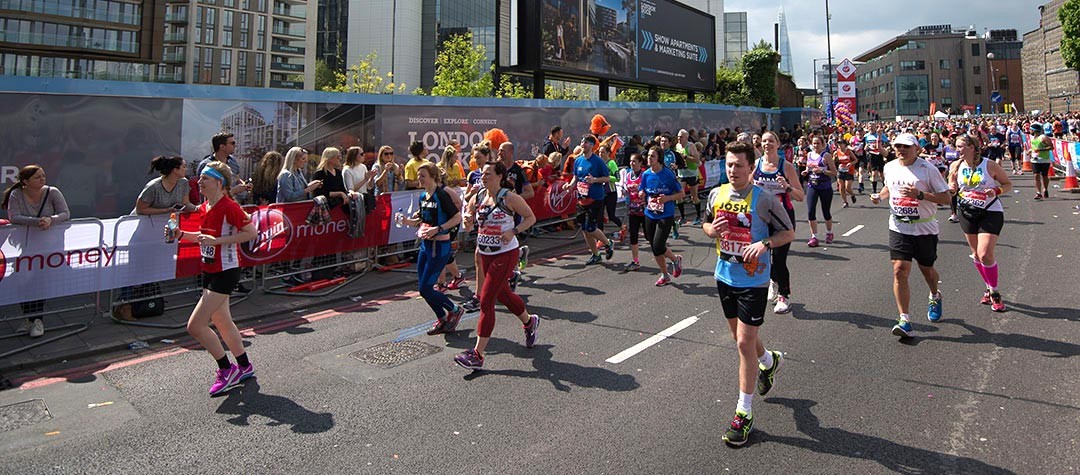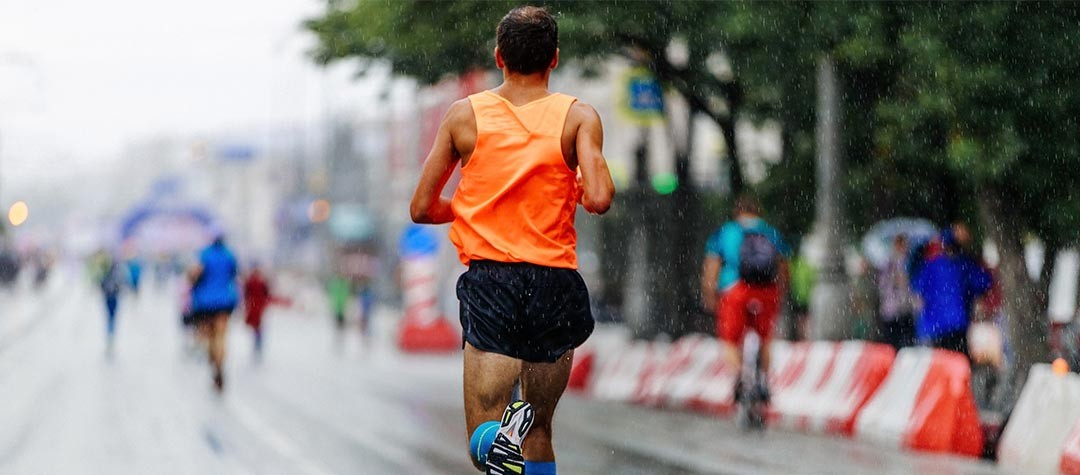After months of training you want to be able to produce your best performance when it counts; on race day! With that in mind, here’s how to ace your race.
Here are some tips on race preparation and what to do afterwards, including how to recover effectively.
1. Taper time
Resist the temptation to cram any last minute training in; it will fail to make you any fitter, only more tired! If you want to give yourself the best possible chance of acing your race then you need to taper your training so that your legs are fresh and you feel invigorated and ready to roll both physically and mentally. The best way to do this is to decrease the volume of your training but to maintain the intensity and the frequency so that you don’t feel sluggish on race day. The length of your taper should depend on the distance that you are racing, your goals, and the level of importance that you place on the race and can be anywhere from 7-21 days.
2. Prime your carb stores
When you race, carbohydrate is your body’s fuel of choice as it’s quick to break down and can produce energy rapidly. For the shorter distances (10k and below), there’s no need to carbo-load, however you should look to maximise the availability of carbohydrate to your muscles before the start. Often this just means ‘topping up’ your stores. Aim to eat an easily digestible carb-based breakfast such as toast and honey and a banana, and try taking a carbohydrate gel or a small amount of sports drink 15-20 minutes before the start.
3. Warm up well
When you transition from rest to exercise, your body’s demand for oxygen increases dramatically in order to produce the required energy. In fact your metabolic rate might increase by as much as 10-fold within just a few seconds of the starting gun firing! However our bodies struggle to meet these oxygen demands initially as it can take several minutes for some of the energy system to fully kick in.
Several studies have shown that by including some short bouts of high intensity exercise in your warm up can actually help to speed up the rate at which your body can uptake oxygen as you transition from rest to exercise. In order to prime your anaerobic energy systems and to get your neuromuscular system firing try some fast, extended strides as part of your warm up routine. This will help you to be ready to hit your goal pace from the gun and avoid that sluggish feeling that can often occur during the first kilometre or so. Try including 2-3 150m fast strides at race pace as part of your warm up.
4. Practice pacing
Poor pace judgement is a sure way to chalk up a disappointing race result. Like any skill, good pacing requires practice . As you get closer to your goal race it’s a good idea to incorporate some race pace intervals where you focus on establishing a good rhythm and ‘feel’ for the pace so that on race day it becomes second nature.
5. Keep your eyes on the prize!
Losing concentration is undoubtedly one of the easiest ways to lose time during a race. During the second half of a race when the fatigue starts to kick in is when that little voice in your head tends to hijack your mind with negative thoughts. It’s also when your running form is most likely to deteriorate. Focusing on your running technique therefore has two benefits. It enables you to pick up lapses in form that are inefficient, whilst also providing a great distraction to occupy your mind when the going gets tough, keeping that irrational voice at bay.
And after the race….
Recover!
Often when you’ve smashed your personal best or exceeded your pre-race target then it’s easy to get caught up in that post-race euphoria and forget about taking care of your body. Good post-race recovery reduces the likelihood of injury post-race and enables you to resume to normal training in less time. If you can, go for a slow cool down jog (unless you’ve run a marathon of course!) and ensure that you rehydrate and refuel with a combo of carbs and protein within 30 minutes.
Celebrate your achievement!
If you’ve aced your race then make sure you take some time to reflect on your achievement. Treat yourself to something, you deserve it after all that hard work!
Set a new goal
Once you’ve recovered and have celebrated your achievement then it’s time to set yourself a new target. It’s not uncommon after a successful race to experience a bit of an ‘adrenaline slump’. Setting a new goal however will boost your motivation and will give your training a powerful sense of purpose.
Picture credit: Max Herman / Shutterstock.com















